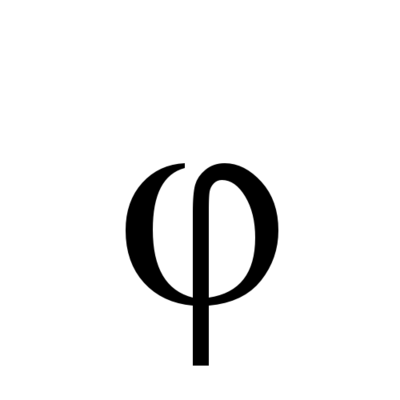Ram: As I said at the start of this post, Trophy Gold is great. The game is mechanically interesting and novel, while remaining quite simple. What I love about the game is that it’s a little bit messy when it comes to what it’s about. It’s not trying to a Story Game or an OSR game. Trophy Gold is very much its own thing, and all the better for it.
The format of the review, where multiple people talk about it, reminds me of Shut Up & Sit Down’s written reviews. (I’m not sure if that was done elsewhere before them.) I dig it!
So if you’re reading this and you’re like “I read the rules and???”, I think that’s maybe normal? Hopefully we can help you feel out if it’s worth exploring further.
Gosh yes. I backed the game because I like a bunch about it, but there’s a lot I just don’t get. I had a similar problem with Blades, and even after running it a bunch, I’m still not sure I know what I’m doing. (And, honestly, after sort of figuring it out, realized it didn’t mesh with my table.)
The abstractness of how Trophy Gold seems to work is even more baffling, as well as how it can lean towards either more story game or more OSR. But I think I’m going to have fun trying to untangle that knot! Plus I can always just buckle down and listen to some of the APs.
Thanks for sharing this! I’ve refereed Trophy Dark and loved it. I have yet to try Gold.
Is there any good comparison between Dark, Gold, and Loom? The website itself only features very brief descriptions.
Trophy Loom is a setting book. It’s not required; just like you don’t need a Forgotten Realms or Dragonlance book to play D&D 5e.
Trophy Dark is a system for one-shots. The book includes a bunch of adventures. The PCs are expected to be irrevocably changed, “lost” to the horrors of the world, or dead by the end of the session.
Trophy Gold is for campaign style play. The PCs are more likely to survive and return to town at the end of a session. There’s a few more mechanics than Dark, but both are rules-lite. The book comes with a few adventures.
The tone and genre for both games (and the setting book) is dark, gritty, dangerous low-magic, late-medieval/early-renaissance fantasy.
Edit to add a content warning: horror is a main theme. And body horror is a big part of many of published adventures.
+1 In Dark, the PCs are supposed to die even before the final encounter. There’s no concept of progress nor experience. Just how you embrace the destiny and play to loose.
@phase to die or worse, at least




